完善我国企业重组税收政策的研—基于公平与效率原则究
浙江财经学院硕士学位论文3\\摘要20世纪90年代后半期,全球重组活动达到了前所未有的高潮,作为企业获得战略性发展的重要方式之一,企业重组已逐渐与投资并重,成为不可忽视的经济力量,以其独特的魅力引起了众多经济学家的关注,使人们从不同的角度和层面去揭开它神秘的面纱。企业重组税收政策对企业重组活动产生了很重大的影响,所以研究当前我国企业重组税收政策,分析我国企业重组税收政策的政策效应,指出当前我国企业重组税收政策的不足和缺陷,并完善我国企业重组税收政策,使其真正发挥在维护市场公平、调节市场行为的作用,就显得具有特别重要的意义和价值。本文从税收最基本的两个原则—公平和效率原则,来研究和分析我国当前的...
相关推荐
-
七年级数学下册(易错30题专练)(沪教版)-第13章 相交线 平行线(原卷版)VIP免费
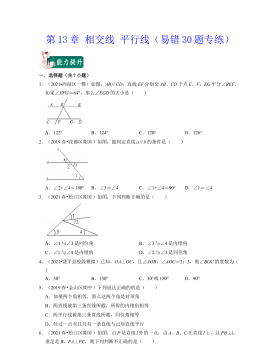
 2024-10-14 22
2024-10-14 22 -
七年级数学下册(易错30题专练)(沪教版)-第13章 相交线 平行线(解析版)VIP免费
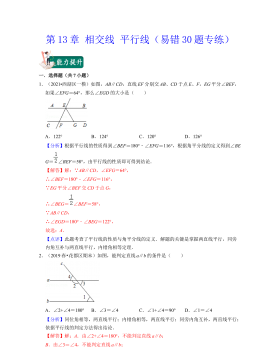
 2024-10-14 24
2024-10-14 24 -
七年级数学下册(易错30题专练)(沪教版)-第12章 实数(原卷版)VIP免费
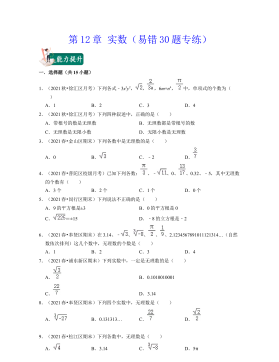
 2024-10-14 22
2024-10-14 22 -
七年级数学下册(易错30题专练)(沪教版)-第12章 实数(解析版)VIP免费
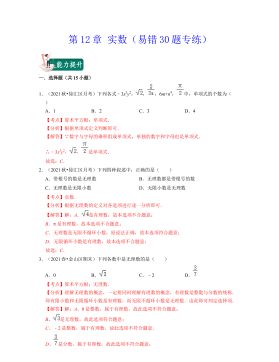
 2024-10-14 17
2024-10-14 17 -
七年级数学下册(压轴30题专练)(沪教版)-第15章平面直角坐标系(原卷版)VIP免费
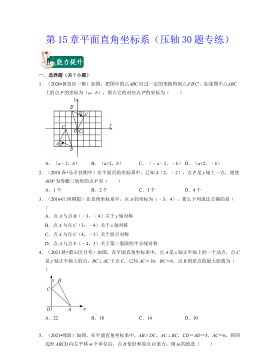
 2024-10-14 17
2024-10-14 17 -
七年级数学下册(压轴30题专练)(沪教版)-第15章平面直角坐标系(解析版)VIP免费

 2024-10-14 23
2024-10-14 23 -
七年级数学下册(压轴30题专练)(沪教版)-第14章三角形(原卷版)VIP免费

 2024-10-14 17
2024-10-14 17 -
七年级数学下册(压轴30题专练)(沪教版)-第14章三角形(解析版)VIP免费
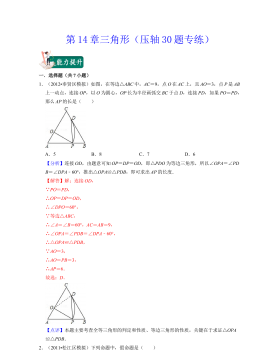
 2024-10-14 27
2024-10-14 27 -
七年级数学下册(压轴30题专练)(沪教版)-第13章 相交线 平行线(原卷版)VIP免费
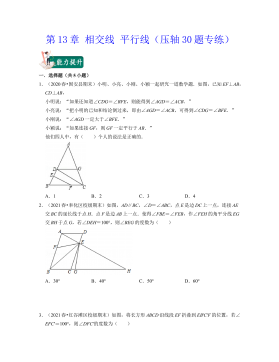
 2024-10-14 23
2024-10-14 23 -
七年级数学下册(压轴30题专练)(沪教版)-第13章 相交线 平行线(解析版)VIP免费
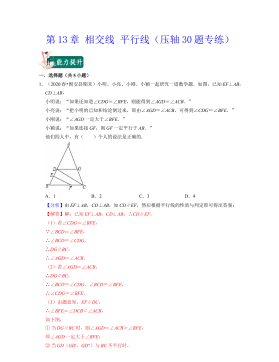
 2024-10-14 20
2024-10-14 20
相关内容
-

七年级数学下册(压轴30题专练)(沪教版)-第15章平面直角坐标系(解析版)
分类:中小学教育资料
时间:2024-10-14
标签:无
格式:DOCX
价格:15 积分
-

七年级数学下册(压轴30题专练)(沪教版)-第14章三角形(原卷版)
分类:中小学教育资料
时间:2024-10-14
标签:无
格式:DOCX
价格:15 积分
-

七年级数学下册(压轴30题专练)(沪教版)-第14章三角形(解析版)
分类:中小学教育资料
时间:2024-10-14
标签:无
格式:DOCX
价格:15 积分
-

七年级数学下册(压轴30题专练)(沪教版)-第13章 相交线 平行线(原卷版)
分类:中小学教育资料
时间:2024-10-14
标签:无
格式:DOCX
价格:15 积分
-

七年级数学下册(压轴30题专练)(沪教版)-第13章 相交线 平行线(解析版)
分类:中小学教育资料
时间:2024-10-14
标签:无
格式:DOCX
价格:15 积分






